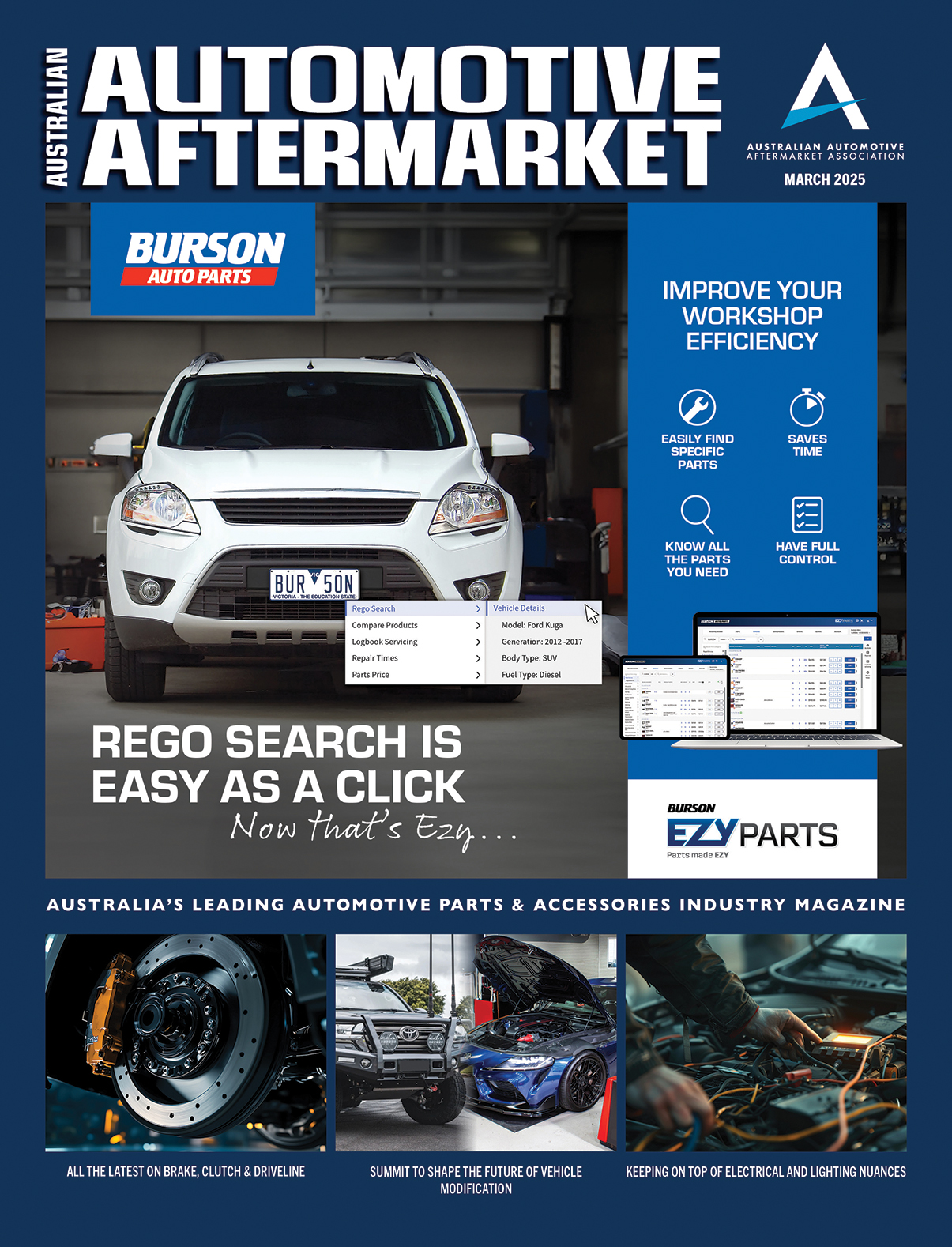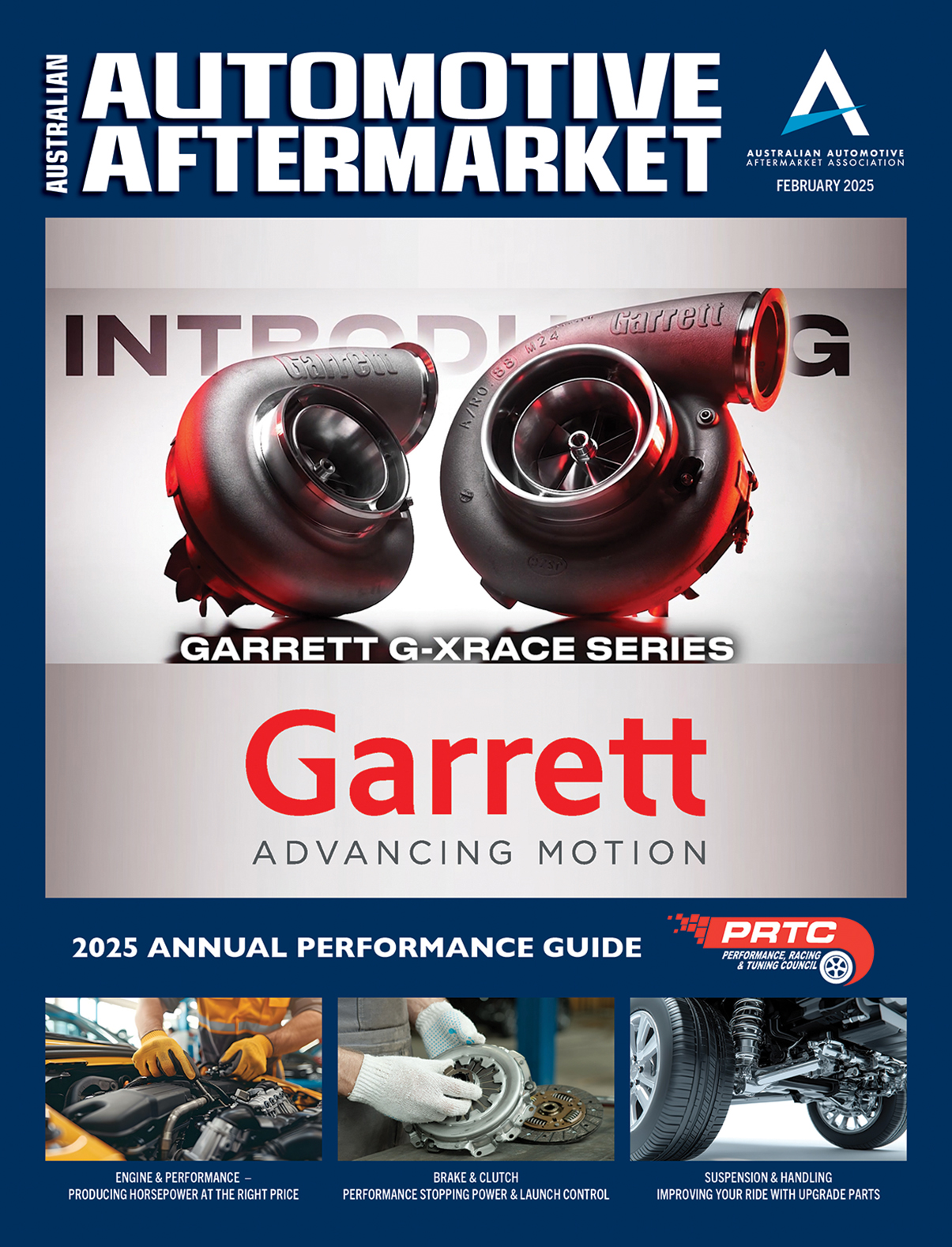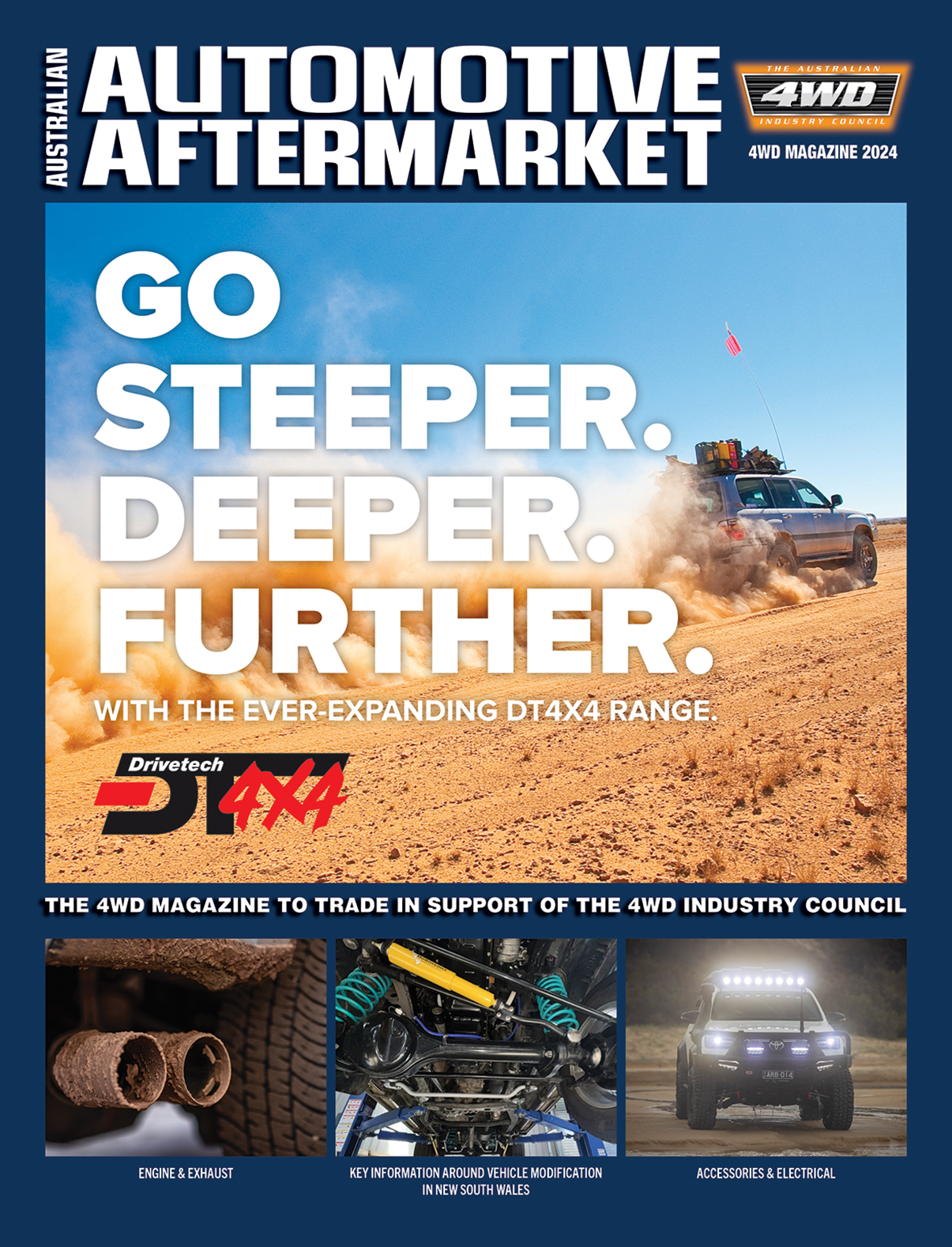ENGINE AIR FILTERS
UFI Filters discusses what maintenance is required for Autumn

At the end of Summer, an engine air filter can be particularly dirty due to the dry weather, long journeys on dusty roads, or accumulated insect and pollen residue.
A dirty and clogged filter can significantly reduce the air flow to the engine, compromising its performance and increasing fuel consumption.
The air filter is a fundamental component for optimising performance, fuel economy and ensuring a long service life for a car or commercial vehicle’s engine. This oft-neglected component plays various key roles in vehicle performance.
It protects the engine by capturing particles of dirt and debris present in the air, preventing them from entering the intake system.
This helps prevent wear and the accumulation of damaging deposits on the inner surfaces of the engine components, such as the valves, pistons, and combustion chambers.
It improves performance: a clean flow of air without obstructions is essential for correct engine operation, as it enhances combustion efficiency and vehicle performance. Correct combustion also means better acceleration, improved responsiveness, and greater power.
It optimises fuel efficiency as restriction in the nominal air flow required in the combustion chamber due to a clogged filter will cause the driver to press harder on the accelerator, resulting in higher fuel consumption.
UFI Filters manufactures two types of air filter with specific dedicated materials.
FormulaUFI.Cell is made from cellulose combined with synthetic fibres to maximise its mechanical stability, reduce pressure drops and, thanks to the hydrophobic treatment, increase its resistance to moisture, thus guaranteeing a longer service life.
UFI’s filters are also flame-resistant, generally class F1. They can be combined with pre-filters in unwoven fabric to increase the solid-particle retention capacity.
FormulaUFI.EXTREME is a 100 percent synthetic filtration medium with additives that guarantee the impermeability of the filter and increase its service life.
UFI Filters says this materia also offers unparalleled flame resistance, achieving F1 classification, the highest available, on the DIN53438 – ISO standard – test.
The engine air filter change frequency should follow the vehicle manual for the manufacturer’s specifications. In any case, typical intervals are around every 10,000-20,000 km, or else once a year. However, if you drive in particularly dusty conditions or use a lot of dirt roads, more frequent changes may be necessary.
For more information, visit www.ufifilters.com or www.ufi-aftermarket.com/eu









